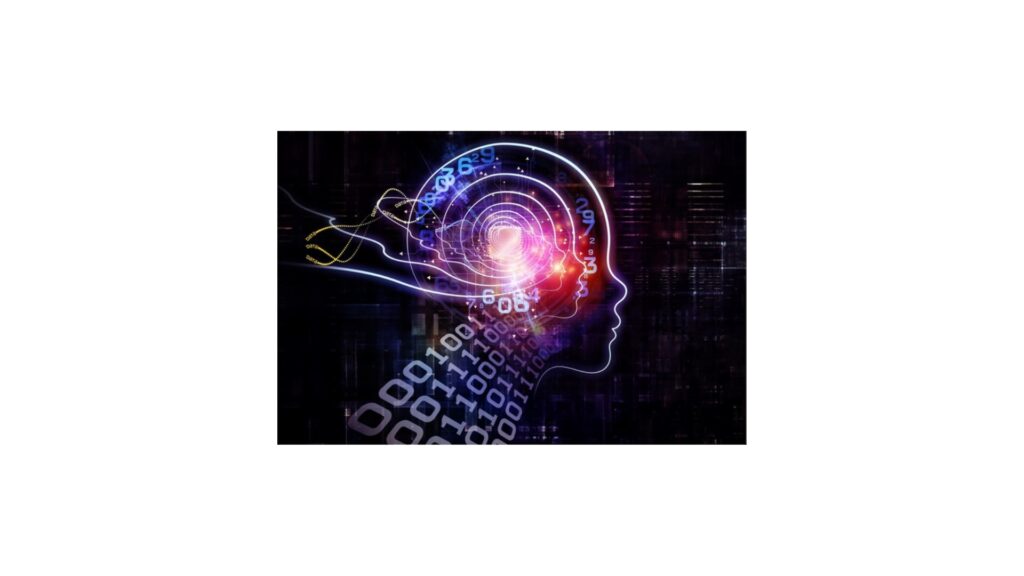tech
Pioneering the Future of Biotechnology
Pioneering the Future of Biotechnology
In the rapidly evolving world of biotechnology, the creation of artificial DNA and novel organisms stands out as one of the most groundbreaking advancements. These innovations are not only reshaping our understanding of genetics but also offering new possibilities in medicine, agriculture, and beyond. This article delves into the world of artificial DNA, explores the development of novel organisms, and examines the potential implications of these technologies for the future.
LINK DOMAIN javanet247.com
1. Pioneering Understanding Artificial DNA
Artificial DNA refers to synthetic genetic material that is designed and constructed in the laboratory. Unlike natural DNA, which is inherited and evolves through natural processes, artificial DNA is engineered to possess specific characteristics or functions. The creation of artificial DNA involves the use of advanced techniques such as synthetic biology, gene editing, and bioinformatics.
Synthetic Biology: Synthetic biology is a field that combines biology and engineering to design and construct new biological parts, devices, and systems. It allows scientists to create artificial DNA sequences that can be inserted into living organisms to give them new capabilities. For instance, researchers have successfully engineered bacteria to produce pharmaceuticals or biofuels, demonstrating the potential of synthetic DNA to create valuable products.
Gene Editing: Techniques such as CRISPR-Cas9 have revolutionized gene editing by allowing precise modifications to DNA. This technology can be used to insert, delete, or modify genetic sequences, enabling the creation of artificial DNA with desired traits. Gene editing has been instrumental in developing genetically modified organisms (GMOs) and has opened doors to new forms of genetic engineering.
Bioinformatics: Bioinformatics involves the use of computational tools to analyze and interpret biological data. It plays a crucial role in designing artificial DNA by predicting the effects of genetic modifications and ensuring that the synthetic sequences will function as intended. Advanced algorithms and models help researchers design DNA sequences that are stable, functional, and compatible with the host organism.
The Creation of Novel Organisms
The development of novel organisms involves incorporating artificial DNA into living systems to create new forms of life with unique characteristics. These novel organisms can be designed to address specific challenges, produce valuable products, or enhance our understanding of biological processes.

2. Pioneering Customized Microorganisms:
One of the most notable applications of artificial DNA is the creation of customized microorganisms. Scientists have engineered bacteria and yeast with synthetic genes to produce substances such as insulin, antibiotics, or biodegradable plastics. These organisms can be used in industrial processes, environmental cleanup, and medical treatments, offering practical solutions to various problems.
Synthetic Life Forms: Beyond modifying existing organisms, researchers are exploring the creation of entirely new life forms. In 2010, the creation of the first synthetic bacterium, Mycoplasma laboratorium, marked a significant milestone in synthetic biology. This bacterium was constructed with a fully synthetic genome, demonstrating the feasibility of creating life from scratch. Ongoing research aims to design synthetic organisms with novel metabolic pathways or environmental capabilities, expanding the possibilities of biotechnology.
Designer Plants and Animals: The principles of artificial DNA are also being applied to plants and animals. Genetic modifications can enhance crop resistance to pests or environmental stress, increase nutritional value, or improve yield. Similarly, genetically engineered animals can be developed for research purposes, such as studying disease mechanisms or testing new drugs. These advancements have the potential to revolutionize agriculture and biomedical research.
Implications and Future Prospects
The creation of artificial DNA and novel organisms has far-reaching implications for various fields. While these technologies offer tremendous potential, they also raise important ethical, environmental, and safety considerations.
Medical Advancements: In medicine, artificial DNA and novel organisms hold the promise of new treatments and therapies. For example, synthetic biology could lead to the development of personalized medicine, where treatments are tailored to an individual’s genetic makeup. Gene therapy, using artificial DNA to correct genetic disorders, is another exciting area of research. Additionally, synthetic organisms could be used to produce vaccines or deliver drugs with precision.

3. Pioneering Environmental Impact
: Artificial DNA and novel organisms can also address environmental challenges. Engineered microorganisms can be used for bioremediation, breaking down pollutants or recycling waste. Synthetic plants could be designed to absorb excess carbon dioxide or improve soil health. These innovations offer potential solutions to pressing environmental issues, contributing to a more sustainable future.
Ethical and Safety Considerations: As with any advanced technology, the development of artificial DNA and novel organisms raises ethical and safety concerns. Issues such as genetic privacy, potential unintended consequences of genetic modifications, and the environmental impact of releasing synthetic organisms must be carefully considered. Regulatory frameworks and ethical guidelines will play a crucial role in ensuring that these technologies are used responsibly and safely.
Economic Impact: The commercial applications of artificial DNA and novel organisms could have significant economic implications. Biotechnology companies may leverage these technologies to create new products, enhance agricultural productivity, or develop innovative medical treatments. As these technologies advance, they could drive economic growth and create new industries.

4. Pioneering Conclusion
The advent of artificial DNA and novel organisms represents a new frontier in biotechnology, offering exciting possibilities for medicine, agriculture, and environmental sustainability. The ability to engineer genetic material and create new forms of life opens up a world of potential applications and solutions to some of the most pressing challenges facing humanity.
As we move forward, it is essential to balance innovation with careful consideration of ethical, safety, and environmental factors. The responsible development and application of these technologies will be crucial in ensuring that their benefits are realized while minimizing potential risks.
In summary, artificial DNA and novel organisms are poised to shape the future of biotechnology, unlocking new opportunities and transforming our approach to health, sustainability, and beyond. The journey ahead promises to be as transformative as it is complex, offering a glimpse into a future where the boundaries of biology and technology are continually redefined.

